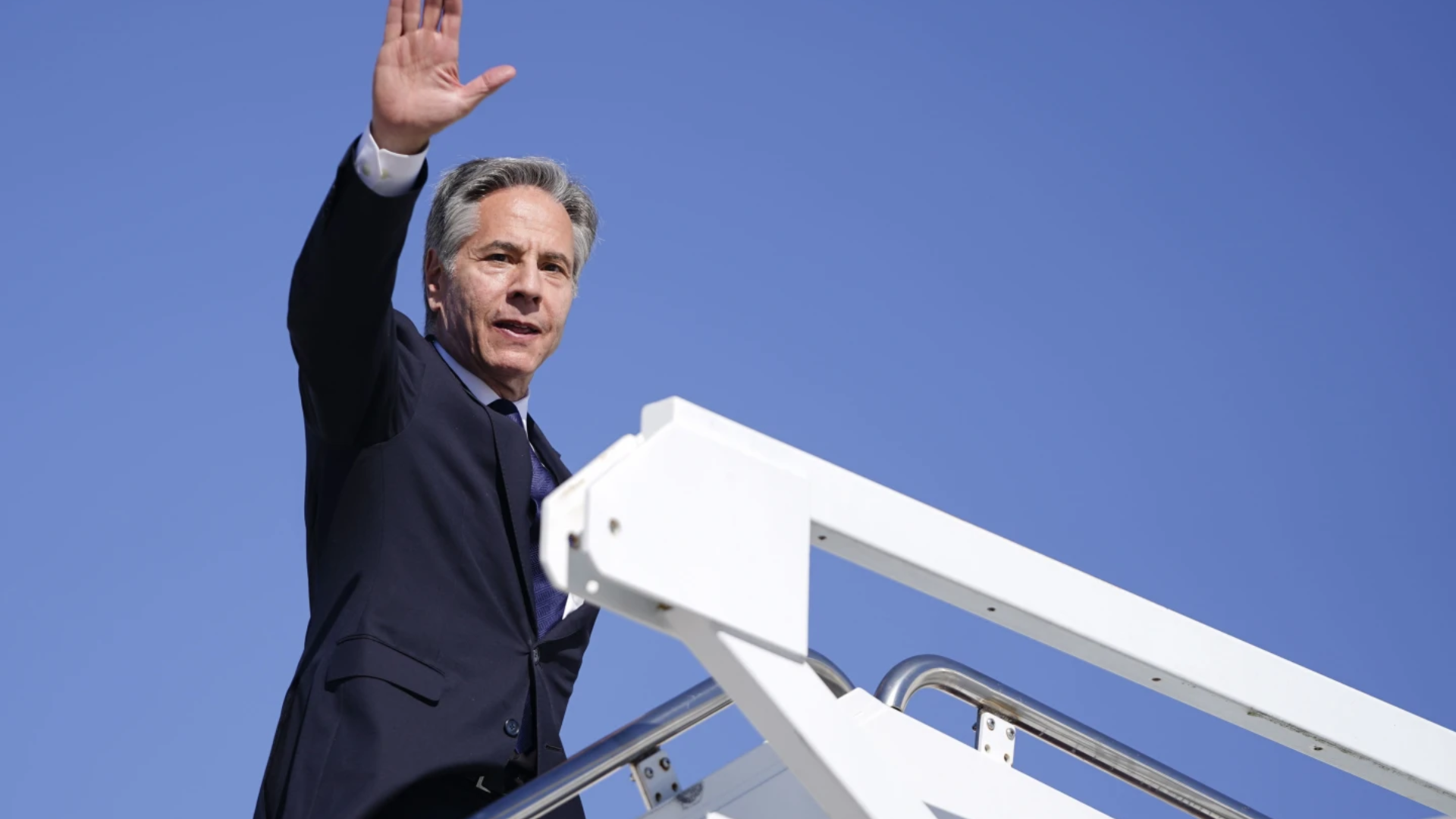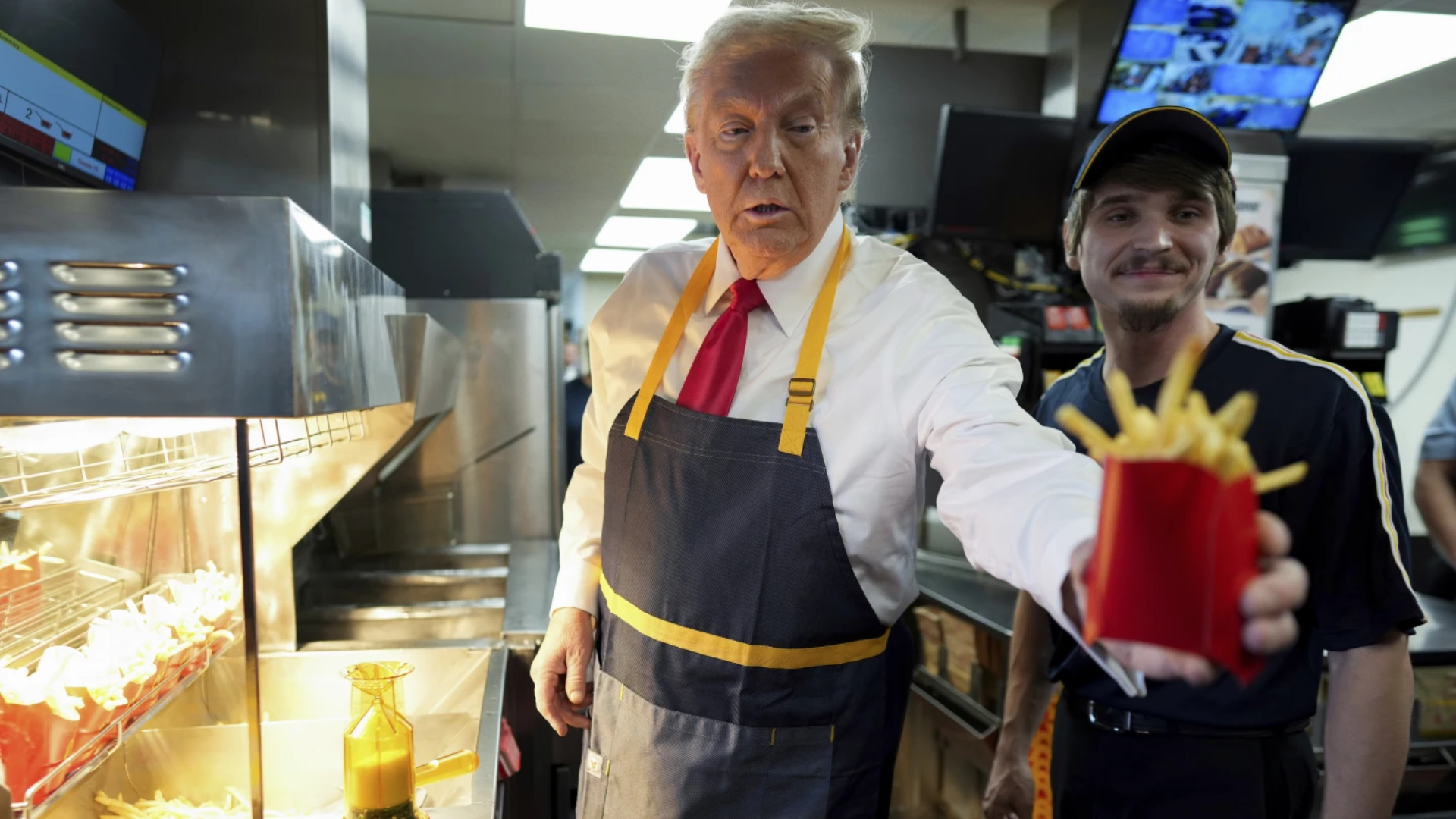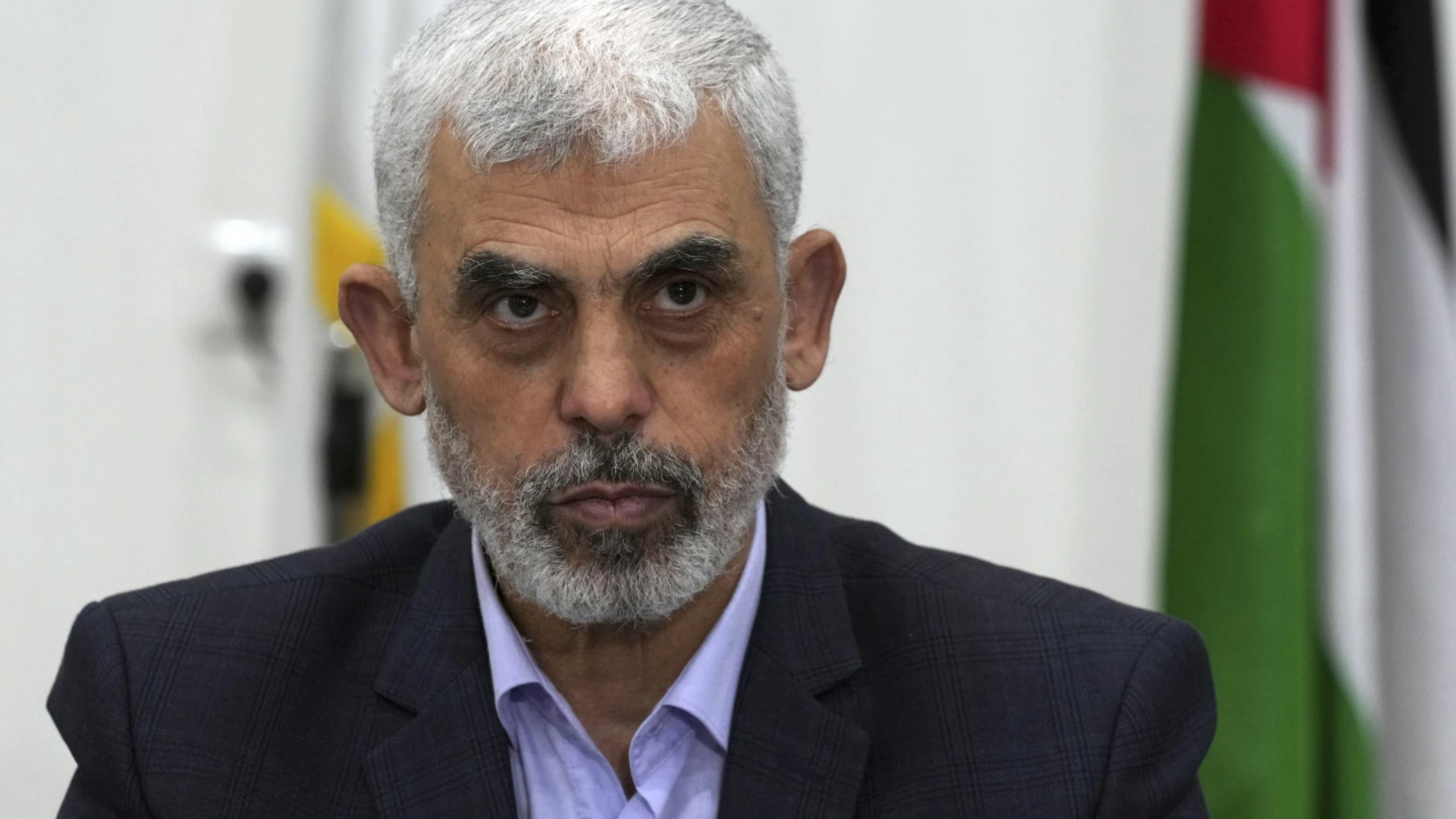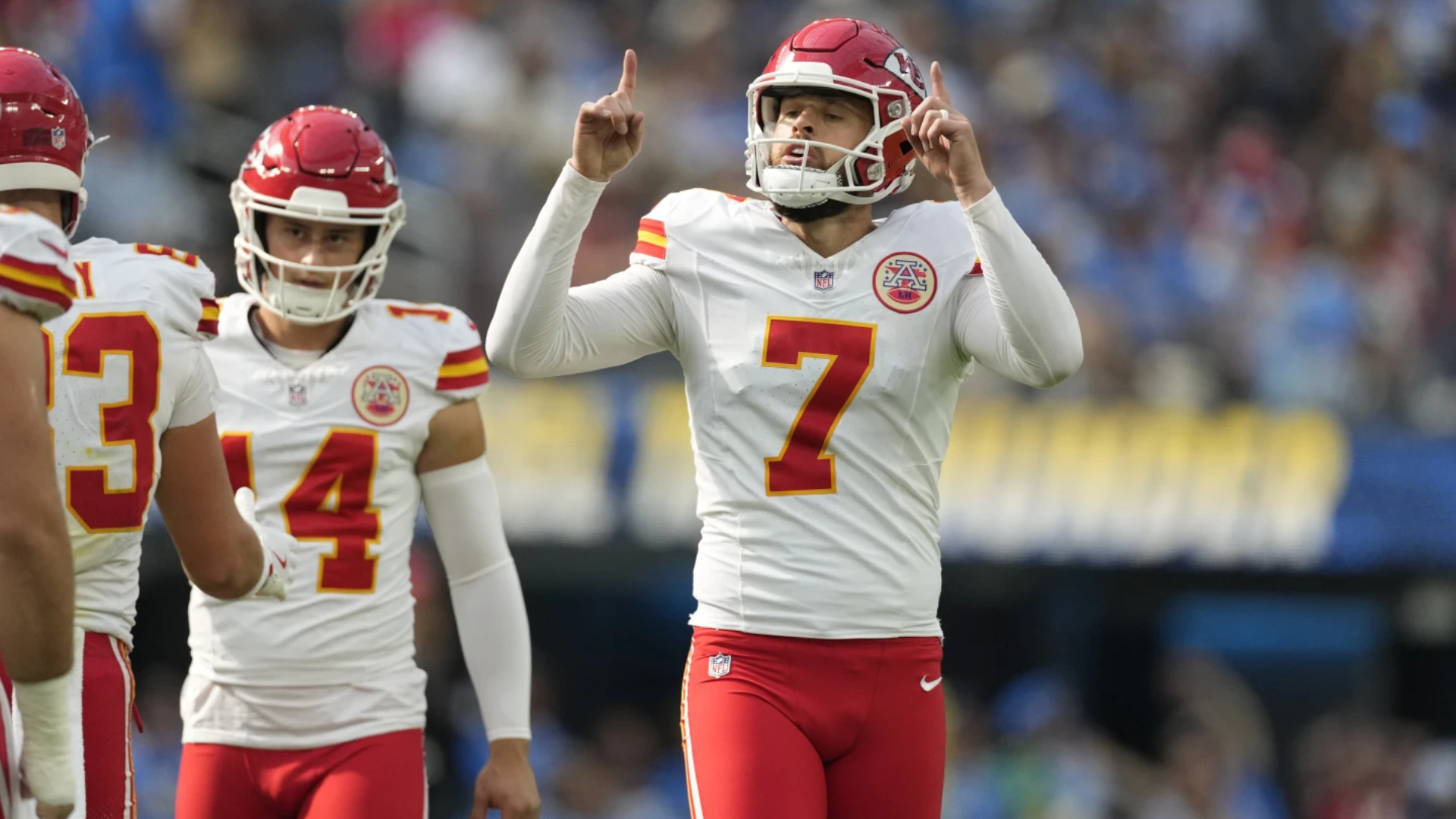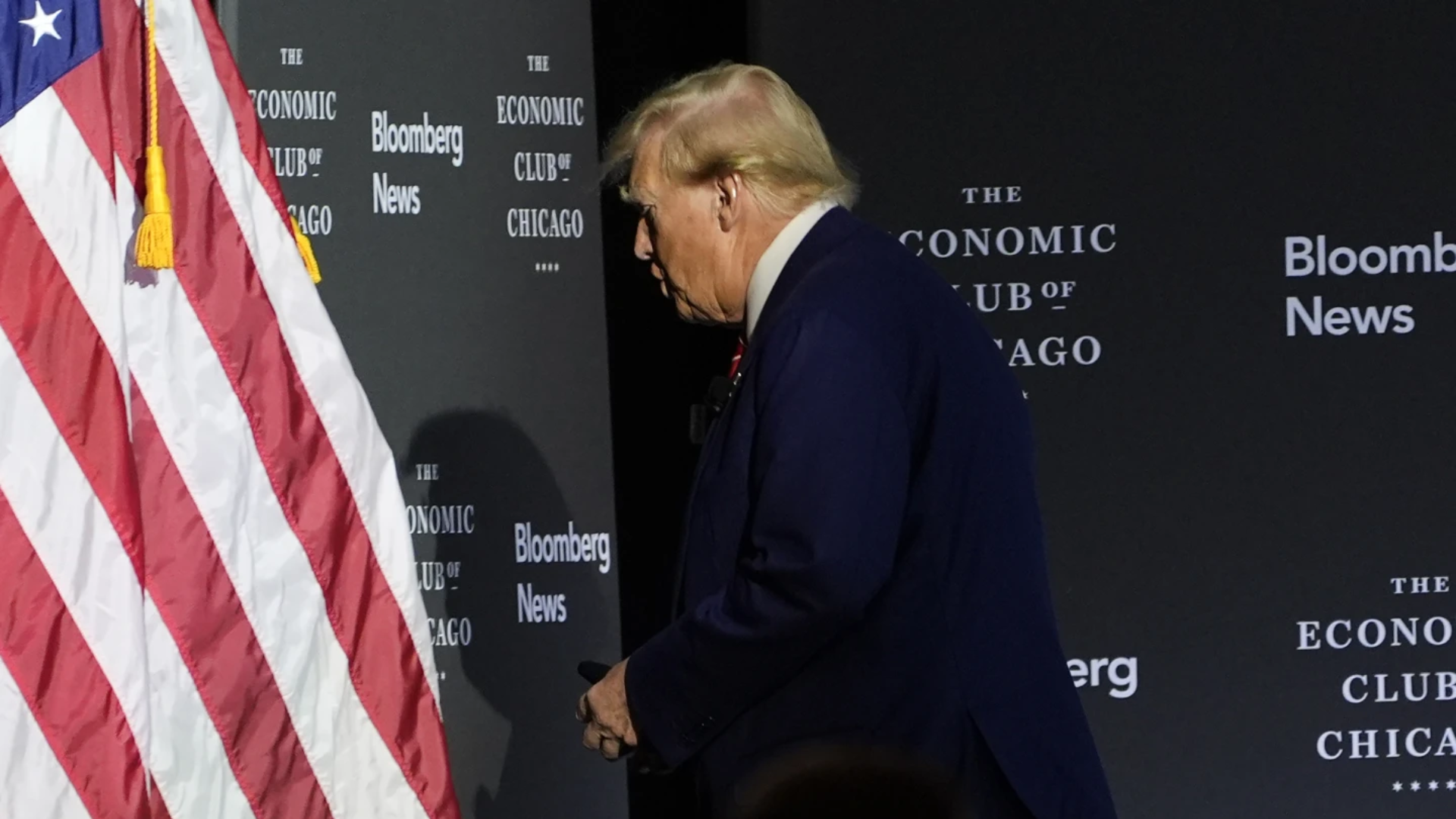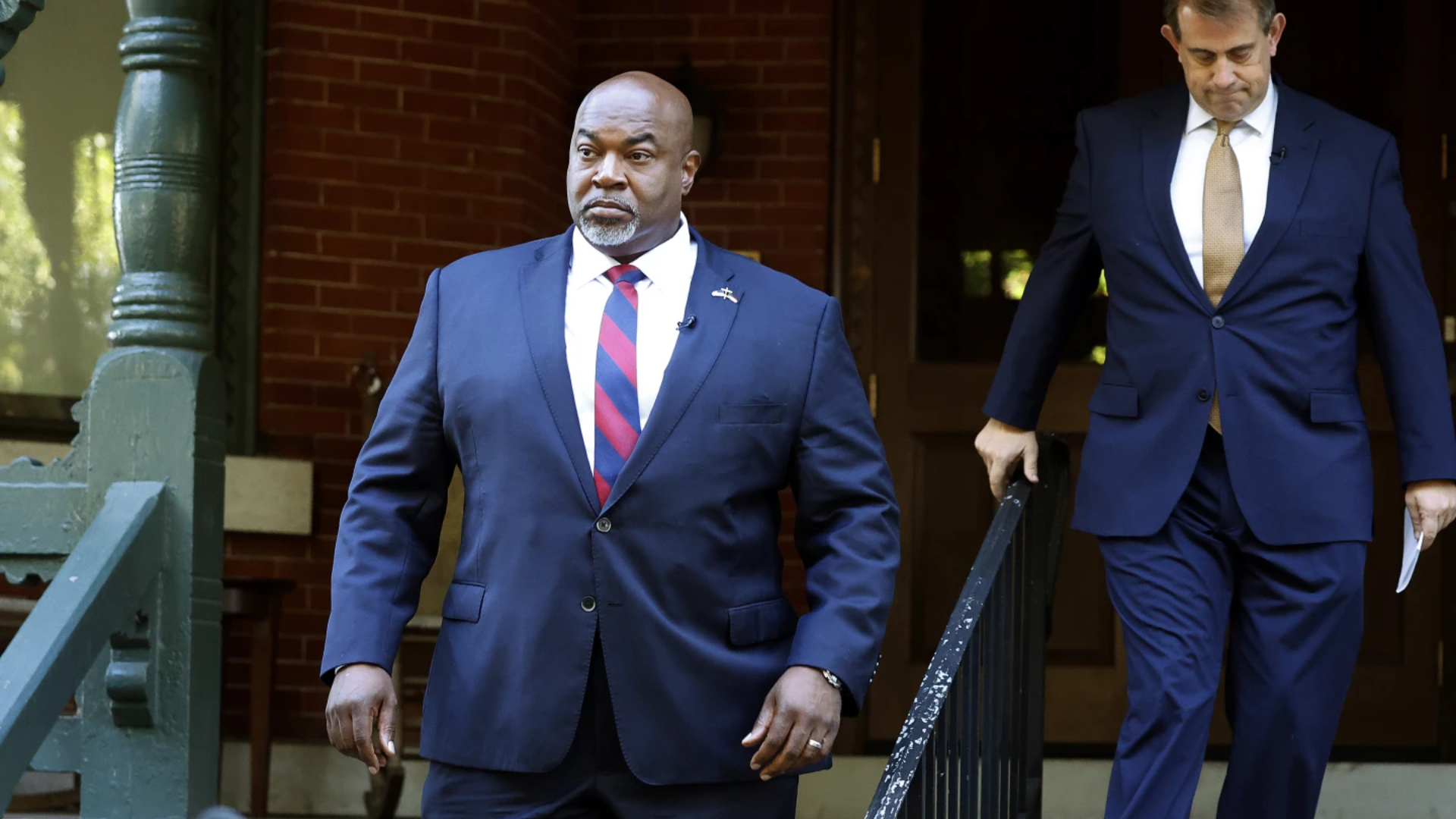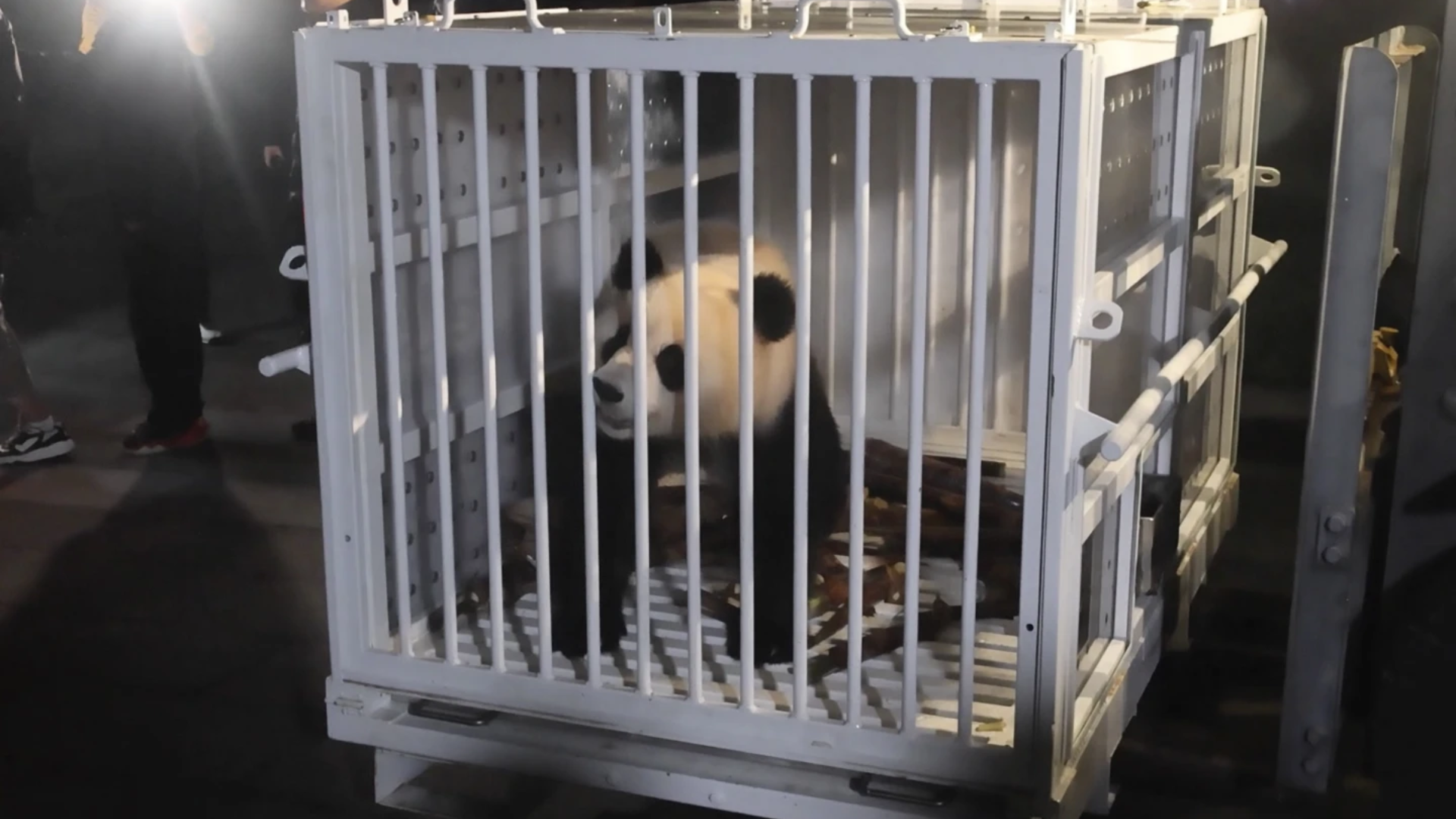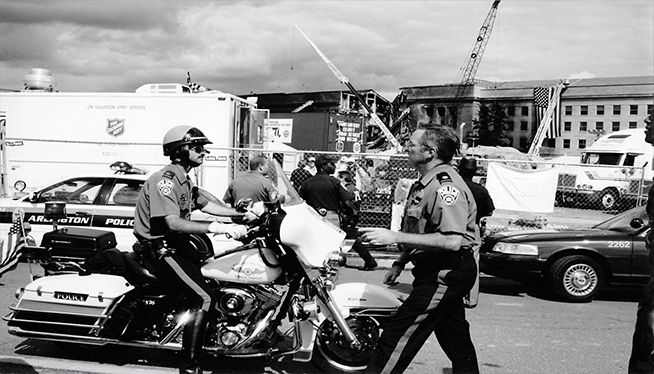
9/11 at the Pentagon
LISTEN: Arlington County Fire Department Capt. Justin Tirelli shares his story of responding to the Pentagon
Heather Curtis
WMAL.com
Sept. 11, 2001 was a day of firsts for Arlington County Fire Department rookie firefighter Justin Tirelli. The now captain had never driven a ladder truck or been to the Pentagon.
Tirelli said while he was checking the truck at the station that morning, one of his colleagues ran in and said there was a huge fire at the World Trade Center in New York City. He and everyone at the firehouse went into the kitchen to watch TV in time to see a second plane -United Airlines Flight 175 – hit the South Tower of the World Trade Center at 9:03 a.m. EST.
“Somebody in the room said, ‘I think we’re under attack,’ and that’s when it just dawned on me right away, ‘Wow. This could really be happening,’” Tirelli said.
At 9:37 a.m. EST another plane – American Airlines Flight 77 – hit the Pentagon in Arlington, Virginia, and he and his colleagues were dispatched there.
Tirelli was one of thousands of first responders from departments in Northern Viginia, D.C. and Maryland to respond to the Pentagon on Sept. 11, 2001 according to the Defense Studies Series Pentagon 9/11 report by the Defense Department. America was forever changed that day after terrorists with the militant Islamic group al-Qaida hijacked four commercial airliners, crashing them into both towers of the World Trade Center, the Pentagon and a field in Shanksville, Pennsylvania. Nearly 3,000 people died in all of those attacks combined, making them the deadliest in history on American soil. The events of that day changed everything from air travel to national security and sparked the War on Terror, which sent United States Armed Forces into Afghanistan and Iraq. Twenty years later first responders, like Tirelli, still carry around vivid memories of what they saw that day.
While his crew in the fire engine gave him directions to the Pentagon, Tirelli’s mind was racing.
“I was thinking about my family in New York City. I was thinking about my crew. I was thinking about well, ‘What are we gonna see? What are we gonna do?’” Tirelli said.
When his team got to the crash site, the first thing they saw was a hole the size of an airplane. To get to the raging fire, Tirelli and his crew crawled through complete darkness over unsteady rubble, navigating around fallen wires. All the while they were holding on to a hose line put out by firefighters already inside.
“You don’t let go of that hose line for dear life. I mean, you get lost in there, there’s probably no way you’re gonna find your way out,” Tirelli said.
At the end of the hose line, he saw fire in all directions. Since it was a petroleum fire, fueled by jet fuel, Tirelli said, water didn’t do much to extinguish it.
At one point they were evacuated because there was a report that another plane could be on the way to the Pentagon. While they waited for the all clear to go back in, a military fighter jet flew over.
“I instantly knew how big this was,” Tirelli said.
Tirelli and his crew battled flames from the original fire and one on the roof before returning to the fire station. They were told they could go home, or stay overnight and go back to the Pentagon in the morning.
“Every one of us said, ‘Well, we’re stayin,’” Tirelli said adding that they all wanted to return to the Pentagon as soon as they could.
The next day they were assigned a grim task: helping with body recovery. Tirelli said he had never seen a dead body before that day.
“They don’t train you for that,” Tirelli said.
As they put the bodies in body bags they saw many of the victims had IDs on them.
A few of the names stuck with him, and he later read their obituaries.
“That really hit home because that was a, you know, that’s a person who had a family, a loved one, people that are, whose world was shattered,” Tirelli said.
Long after his work at the Pentagon was done, the memories haunted him.
“That was the first time, unfortunately, I saw body parts. There were body parts of children, adults, it just was…you…you, you don’t unsee that,” Tirelli said.
The memories don’t haunt him anymore. He said it’s easier to think about it now that 20 years have passed.
“I think the 20th anniversary is gonna feel like the 40th anniversary for me,” Tirelli said.
His work at the Pentagon prompted him to spend a lot of time thinking about how he can be a better person, even if it’s just doing little things, he said, like random act of kindness. Tirelli hopes we can all use the horrors of 9/11 to improve ourselves and our society.
“We seem to have lost a lot of compassion in our lives these days. We seem to be willing to yell and scream before talking and shaking hands or hugging, and we need to, we need to get back to that,” Tirelli said.
=======================================================================================================
“It just hit home, and we all went into auto pilot, and my high heels went off. My boots came on”
Cold Case Unit Detective Rosa Ortiz, Arlington County Police Department
Arlington, Virginia
On the morning of 9/11, then Special Victims Unit Detective Rosa Ortiz with the Arlington County Police Department was at the station in dress clothes getting ready to go to court when American Airlines Flight 11 hit the North Tower of the World Trade Center at 8:46 a.m. EST. She and her colleagues watched as United Airlines Flight 175 hit the South Tower of the World Trade Center minutes later at 9:03.
“As an investigator, I immediately was reluctant to think that this was, by no means an accident,” Ortiz aid.
She clearly remembers saying, “Oh my God we could be next.”
Then she and other members of her department got the call to respond to the Pentagon, which was hit by American Airlines Flight 77 at 9:37 that morning.
“It just hit home, and we all went into auto pilot, and my high heels went off. My boots came on,” Ortiz said.
She didn’t have time to change into her police uniform, so she improvised by throwing a reflective vest on over her business clothes.
When Ortiz got to the Pentagon, she said it was a very confusing scene. Immediately, she started diverting traffic away from the building while simultaneously trying to find someone to pick her 2-year-old son up from daycare.
“It was very chaotic,” Ortiz said.
In the days after 9/11, Ortiz was sent to the west side of the Pentagon to the area where Flight 77 had crashed.
“I’ve been doing this job back then for a long time, and I’ve seen a lot, but that was so surreal that the first thing that came to mind was, ‘This looks like a movie scene,’” she said.
She was assigned to a team that sifted through debris looking for anything that could identify victims.
“It was very emotional going through things, but, at the same time, the work had to be done,” Ortiz said.
She knows people were very appreciative for their work, but she doesn’t feel like a hero.
“I think that we lost a lot of those,” Ortiz said.
Since 9/11, Ortiz – like so many first responders – has changed. The detective is now more aware of her surroundings and appreciates the importance of spending time with family.
Ortiz hopes 20 years later people look back at first responders who lost their lives and appreciate their sacrifice and the sacrifices first responders are always willing to make.
“Because there’s no guarantee that this can’t happen again,” Ortiz said.
=======================================================================================================
“Even to this day when there’s a crisp blue day, it brings me back to that day”
Capt. Patrick Donahue, Arlington County Police Department
Arlington, Virginia
On the morning of Sept. 11, 2001, Arlington County Police Capt. Patrick Donahue was enjoying a day off at home with his toddler watching the “Clifford the Big Red Dog” children’s show on WETA-TV. His wife was watching the news and trying to call the house but kept getting a busy signal because Donahue had forgotten to disconnect his dial-up internet.
“For whatever reason WETA did not cut the program and talk about what’s going on in the world, so all I knew was ‘Clifford the Big Red Dog’ watching with my daughter,” Donahue said.
At some point, Donahue heard his cell phone ringing in the other room. It was his wife. She told him to turn on the news. When the Pentagon was hit, he knew he had to go in, so he went to a neighbor’s house and asked her to watch his daughter. Donahue will never forget the look his neighbor gave him when he got to her door.
“She was just like, ‘You’re going in?’ You know, just kinda like in disbelief, and I’m like, ‘I have to,’” Donahue said.
He got to the Pentagon around 11 a.m. and spent the next 14 hours directing traffic.
“So it was a long day and a long night,” Donahue said.
The thing that struck Donahue the most when he got there was the plume of dark smoke against a crisp, clear, blue sky that was devoid of the usual planes from nearby Reagan National Airport.
“Even to this day when there’s a crisp blue day, it brings me back to that day,” Donahue said.
After 9/11, Donahue became hyper-vigilant that something bad could happen any time. His job has also changed drastically.
“I think of my career – and I think a lot of people think about their lives – as pre-9/11 and post-9/11,” Donahue said.
Before 9/11, Donahue was on motorcycle patrol doing VIP escorts, including bringing then President Bill Clinton to play golf. Sometimes the Secret Service told him they would be going along with normal traffic and stopping at red lights, which he said is unheard of now.
In the post-9/11 world he said, there’s a lot of vetting and planning for routine special events in the county.
“We think of stuff that we would have never thought of before September 11,” Donahue said.
When they close roads for the Marine Corps Marathon or the Fourth of July, sometimes they block them off with large busses and dump trucks to try to stop somebody from driving in with an explosive.
Another thing that has changed since 9/11 is the public’s attitude about police. Right after the terrorist attacks, Donahue said there was an outpouring of support for officers, with many bringing food and drinks to police stations. Now, some of that support has turned to distrust and anger following high-profile officer-involved shootings of Black people in multiple cities across America, including the 2020 killing of George Floyd by Derek Chauvin, an officer with the Minneapolis Police Department.
“You certainly see a national narrative against police, and not to say that we do it perfectly, we certainly could improve the way we do business, but I would love to get back to that sense of support and community that I felt the weeks and months right after 9/11,” Donahue said.
He said the department and county have come a long way in terms of officer wellness, but it still helps when they get community support.
No matter what the public’s perception is, Donahue said the Arlington County Police Department has always been there for the community and will continue to be into the future.
Donahue’s thinking about 9/11 more on the 20th anniversary that he has on other anniversaries.
“It is a milestone year. It seems to be a little more in my thoughts than in previous years, mainly because I can’t believe it’s been 20 years since it’s passed,” Donahue said.
=======================================================================================================
“I was just like one of so many other people that just did what we were asked to do”
Lt. Luke Haglof, Arlington County Police Department
Arlington, VA
Lt. Luke Haglof, then a patrol officer with the Arlington County Police Department for about a year, was waiting with a colleague to testify for a criminal court case on Sept. 11, 2001 when they saw something unusual.
“That’s when we noticed this massive plume of smoke literally out the window, didn’t hear a crash,” Haglof said.
They turned on their portable radios and learned that a plane had crashed into the Pentagon.
“I don’t think we really knew, any of us knew, what we had, what had happened, and what we were about to find ourselves in the middle of,” Haglof said.
When Haglof reported to the Pentagon and asked the watch commander where he was needed, the commander looked around and pointed towards the self-parking lot. He told Haglof to keep people from getting into their vehicles because that would cause a traffic jam and make it more difficult for first responders to get to the site of the crash.
“All these people just were coming in waves out of the Pentagon,” Haglof said.
The images of the mass exodus are engraved in his mind.
“The military folk in their like full dress uniforms, all, you know, all their pins and everything, and I’m thinking, ‘These are people way more important than me, like you know, probably really powerful military people, and here I am this young officer like telling them what to do.’ It was really weird, you know?” Haglof said.
He saw people wheeling the wounded into the parking lot on office chairs to try to get them help.
As Haglof was directing people away from the burning building, he was asking anyone with a cell phone if he could borrow it to call his family and tell them he was alright. He couldn’t get through because the cell towers were overrun as other people tried to call their families. It wasn’t until later that afternoon that he reached someone.
At some point, Haglof found out all commercial flights in the U.S. were being grounded, but one plane wasn’t responding.
Then a message came over his police radio saying they needed to move people out of the area as quickly as possible because there could be another plane heading toward the Pentagon.
“That was a pretty intense moment because it went from somewhat of an orderly dismissal to, I remember starting yelling at people like, ‘You need to run. Run now. We may have another plane incoming.’ And that’s when you started seeing like sheer panic,” Haglof said.
Members of al-Qaida had in fact hijacked United Airlines Flight 93 and were en route to Washington, D.C. to carry out another terrorist attack. The plane’s intended target isn’t exactly known, but the 9/11 Commission report said the hijacker who was behind the wheel wanted to crash the plane into “symbols of the American Republic, the Capitol, or the White House.”
Instead, he crashed the plane into a field in Shanksville, Pennsylvania after the courageous passengers aboard tried to stop him and the other terrorists from reaching Washington.
As some point Haglof heard fighter jets overhead.
“That gave me this feeling of, like, ‘Oh. We’re gonna be ok. We got jets up here now that are gonna, gonna protect us,” Haglof said.
He didn’t go home until the next morning.
When he came back on Sept. 12, 2001, he was told to keep cars away from the Pentagon, which he thought was odd because he didn’t think anyone would be going to the Pentagon for work that day.
To his surprise, people did show up for work in parts of the building that weren’t destroyed, and they didn’t give him a hard time when he told them they needed to get out about half a mile from the Pentagon and walk.
“That was a pretty cool moment because you realized like what our country had just gone through, and yet we weren’t, we weren’t stopping,” Haglof said.
Haglof does not view his work at the Pentagon as heroic in any way. At first, he didn’t even think he wanted his name used in this article.
“I’d rather be known as ‘officer one of many’ because I was, you know, just like one of so many other people that just did what we were asked to do,” Haglof said.
Responding to the attack hasn’t changed him, but he has been disheartened by how the public attitude about police has changed.
“I just wish people would understand better what it is we are willing to do, the sacrifices that officers are willing to make day in and day out,” Haglof said.
He understands why people may not always like how an officer speaks to them or their tone of voice, but he said officers can’t build the rapport with people that they would like to because they have so many calls to respond to.
The problem, Haglof noted, is getting worse because they have fewer officers to respond to just as many calls.
=======================================================================================================
“We were always looking over our shoulder”
Kensington Volunteer Fire Department Chief James Stanton (retired)
Kensington, MD
James Stanton was the chief of the Kensington Volunteer Fire Department in Montgomery County, Maryland on Sept. 11, 2001. He was at a meeting at the station when the first plane hit the North Tower of the World Trade Center. He and the others thought it was odd but likely an accident.
“When the second one hit it, we said, “Uh uh. This is bad,’” Stanton said.
Not long after American Airlines Flight 77 crashed into the Pentagon, the KVFD – which is about 21 miles from the Pentagon – got a call to respond because its hook and ladder truck would fit into the Pentagon while others wouldn’t.
“And of course, everybody wanted to go,” Stanton said.
Unfortunately, they didn’t have the capacity in their emergency vehicles to send everyone, and some needed to stay behind to respond to local calls.
There was only room in the ambulance, according to Stanton, for four people. When they were getting ready to leave, he saw nine in the back.
“And I just shut the door and walked away,” Stanton said.
He and those who stayed back were disappointed.
“Some of em were furious,” Stanton said.
But there wasn’t time to dwell. Work needed to be done.
By the time the group got there, most of the fire was out, according to Stanton, but there were still spot fires. The crew helped with those and setting up security.
From his Kensington firehouse, Stanton coordinated with his department’s Deputy Chief Michael Kelley who led the crew at the Pentagon.
“It was a really, you know, stressful time because we, we were always looking over our shoulder. We never knew what else was gonna happen,” Stanton said.
On this year’s milestone anniversary, Stanton hopes Americans will remember the attacks this year and for many years after.
The 9/11 attacks are often compared to the Japanese attack on Pearl Harbor during World War II. The surprise raid on Dec. 7, 1941 killed more than 2,400 Americans and prompted the U.S. to enter the war.
“When Dec. 7 came last year there was hardly a mention of it, you know, Pearl Harbor. We need to remember these catastrophic events that affected our country,” Stanton said.
Copyright 2021 by WMAL.com. All Rights Reserved.(Photo: Arlington County Police Department)







